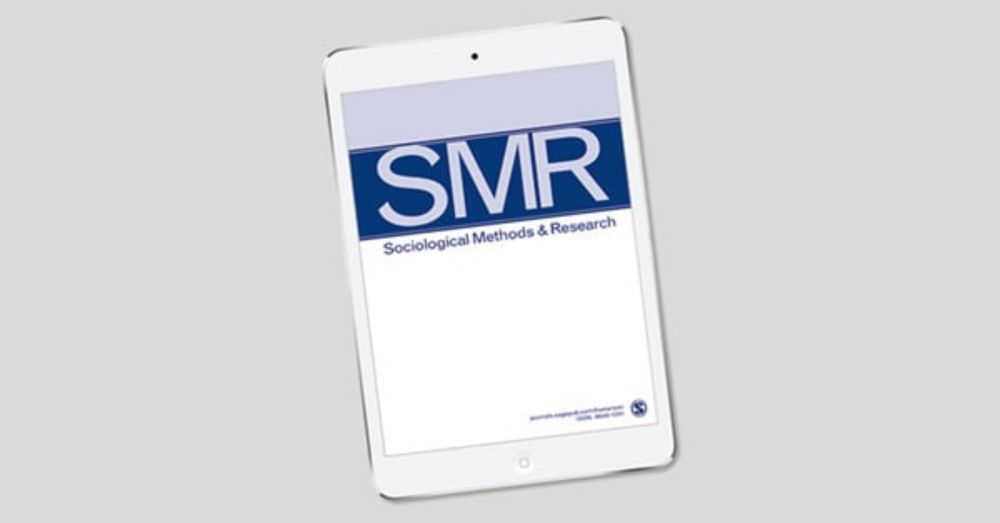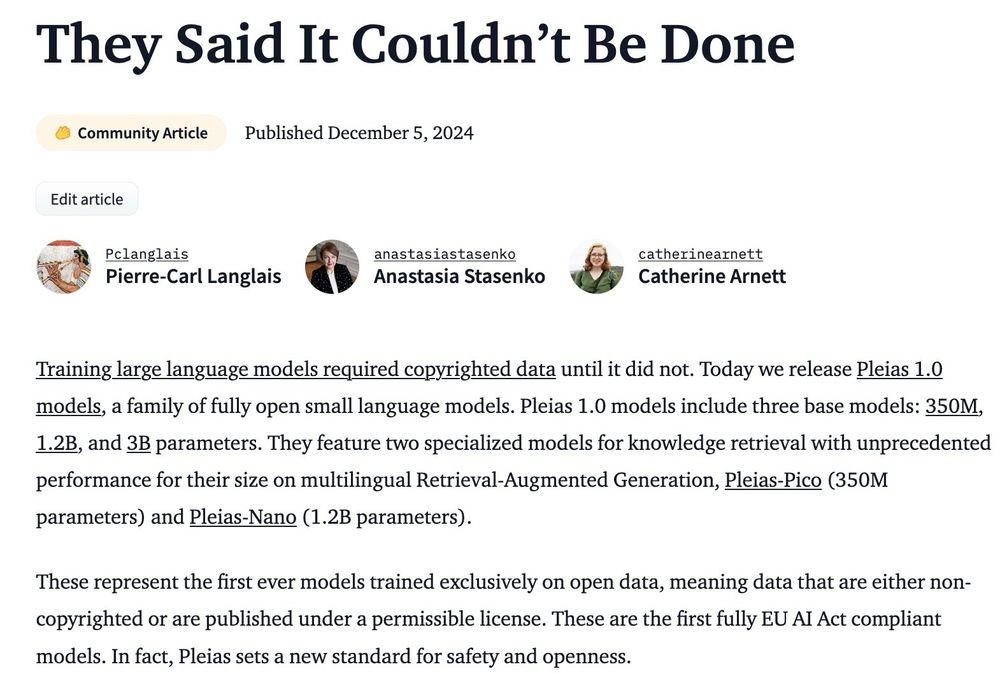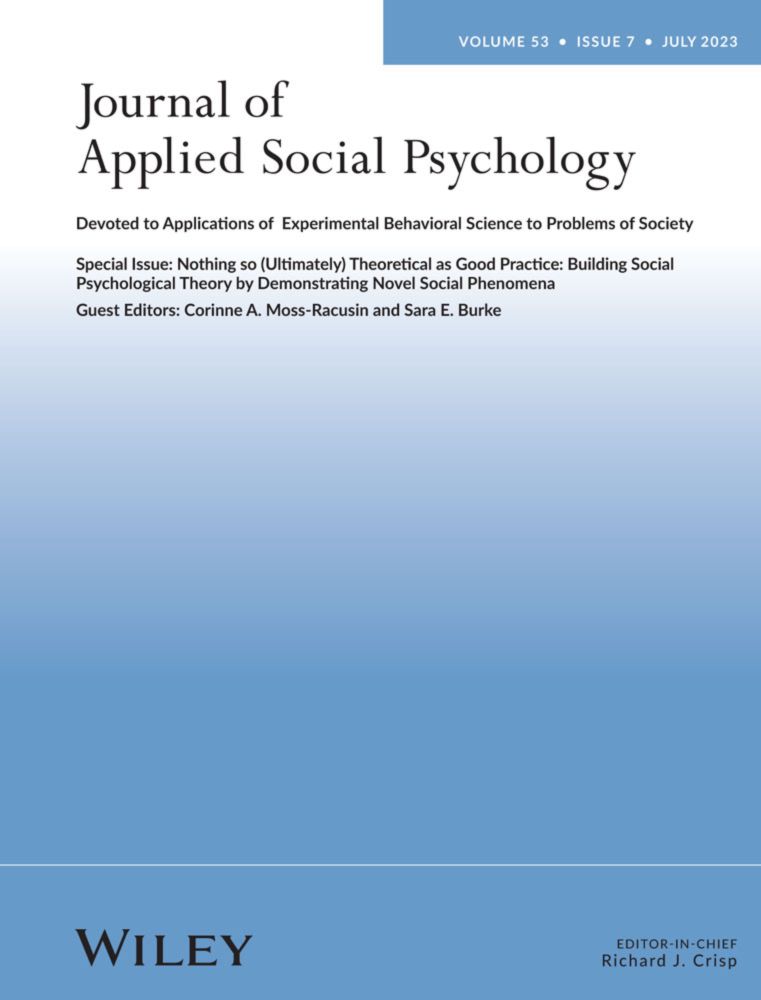

We argue that one of the most important use cases of generative LLMs for social scientists is transforming unstructured content into structured data.
Our article shows how to do that — and what can go wrong.
doi.org/10.1177/0049...
(Preprint @socarxiv.bsky.social: osf.io/wjvfq_v1)




We argue that one of the most important use cases of generative LLMs for social scientists is transforming unstructured content into structured data.
Our article shows how to do that — and what can go wrong.
I am ISO subject-participants for a documentary photo project about us nonbinary/genderqueer folx. This is a fun + beautiful project about real people in 2025. Please get in touch. Ty!!! Dr Jess Westbrook (they/them)
email: [email protected]

I am ISO subject-participants for a documentary photo project about us nonbinary/genderqueer folx. This is a fun + beautiful project about real people in 2025. Please get in touch. Ty!!! Dr Jess Westbrook (they/them)
email: [email protected]

One of the first things I teach my students *and* my thesis advisees is how to develop a writing practice.
Perhaps the most challenging thing in the #HiddenCurriculum of being a graduate students, one of the many things I wasn't taught, was the idea of a writing practice, the "how to".
One of the first things I teach my students *and* my thesis advisees is how to develop a writing practice.
Perhaps the most challenging thing in the #HiddenCurriculum of being a graduate students, one of the many things I wasn't taught, was the idea of a writing practice, the "how to".

1) the name, board specialty, and license number of the doctor making the determination the treatment was not medically necessary;
1) the name, board specialty, and license number of the doctor making the determination the treatment was not medically necessary;

Article: doi.org/10.1111/jasp...
Preprint: doi.org/10.31234/osf...

Article: doi.org/10.1111/jasp...
Preprint: doi.org/10.31234/osf...
NB: It’s a pre-print. arxiv.org/abs/2412.06288

NB: It’s a pre-print. arxiv.org/abs/2412.06288

contexts.org/blog/soc-ai/
#sociology #publicsociology #inequality #Mills

In our latest article, we explore how Border Security officials carry out investigations, and what the show teaches viewers to think about different people
onlinelibrary.wiley.com/doi/abs/10.1...

In our latest article, we explore how Border Security officials carry out investigations, and what the show teaches viewers to think about different people
onlinelibrary.wiley.com/doi/abs/10.1...

Thank you, Ali, for this clear writing!
Thank you, Ali, for this clear writing!

doi.org/10.1177/0003...
1/
doi.org/10.1177/0003...
1/

#ipesky
www.tandfonline.com/doi/full/10....

#ipesky
www.tandfonline.com/doi/full/10....

